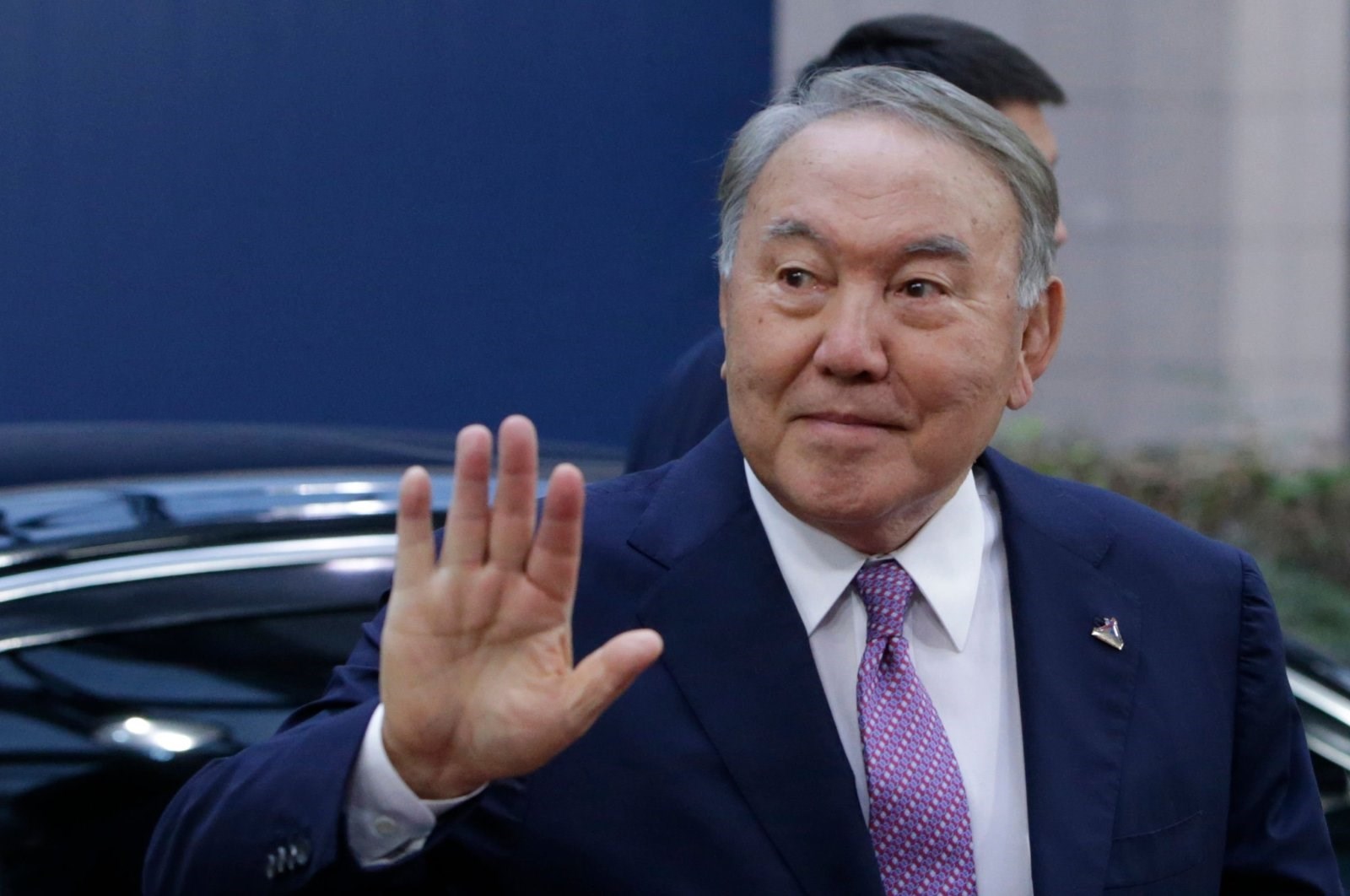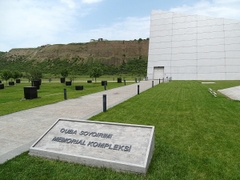Kazakhstan’s President Kassym-Jomart Tokayev signed a decree to repeal the Law on the First President of the Republic of Kazakhstan – Elbasy (the leader of the nation) that had granted former president Nursultan Nazarbayev exclusive rights and privileges.
The relevant statement was issued on Wednesday by the president’s official website Akorda.az.
“Attempts to concentrate all power in one person’s hands, monopolization of political institutions of Kazakhstan, as practice shows, can diminish political values and negatively affect the development of the state. Therefore, it is imperative to eliminate such socio-political gaps in the future,” Yerlan Sairov, a Member of the Parliament — Mazhilis — told The Astana Times on Monday.
Yet, Nursultan Nazarbayev retains immunity guarantees, including personal inviolability, honor and dignity, and the status of the First President under the regulations of the Law on the President of the Republic of Kazakhstan.
“The ex-president retains all guarantees. This applies only to him, not to members of his family. Guarantees are inviolable,” AKIpress quoted Minister of Justice Azamat Eskaraev as saying on Thursday.
The decision of President Tokayev followed parliamentary efforts to bring the country’s laws into alignment with changes to the constitution passed in last June’s referendum. The referendum excluded the norms governing the status and powers of the First President from the Constitution.
The appeal requesting to cancel the law, which gives a range of privileges to Nazarbayev and his relatives, came from a group of deputies on January 5.
The law on the First President granted Nursultan Nazarbayev exclusive rights and privileges, including retention of his and his family’s financial wealth and immunity from actions made while president and after. Moreover, the law protected him from search, arrest or inspection even after he lost presidential status. The ex-president and members of his family were also protected by security services.
Nursultan Nazarbayev ruled Central Asia’s largest country for three decades since the country gained independence in 1991. Since then, Nazarbayev has been re-elected as president four times: in 1999, 2005, 2011, and again in 2015. In 1995, Kazakhstanis took part in a referendum to ratify his proposal to skip the scheduled 1996 presidential election and allow him to remain in office until 2000. Seven years later, parliament passed legislation to remove term limits.
After his sudden resignation in March 2019, Nazarbayev, who is 82 now, retained control over the country as chairman of the Security Council and “Leader of the Nation” — a title that afforded him unique policymaking privileges as well as immunity from prosecution.
Nazarbayev gave up his remaining powers as the head of the Security Council and the leader of the ruling party during and after violent unrest in January, 2022, which resulted in the death of over 220 people.







 Azerbaijan has been recognized as one of the safest countries in the world, ranking 90th among 163 countries on the Global Terrorism Index 2025 (GTI).
Azerbaijan has been recognized as one of the safest countries in the world, ranking 90th among 163 countries on the Global Terrorism Index 2025 (GTI).
 The Azerbaijani Defense Ministry has reported ongoing shelling of its army positions by Armenian forces since last week.
The Azerbaijani Defense Ministry has reported ongoing shelling of its army positions by Armenian forces since last week.
 On Monday, Israel awarded gas exploration licenses to a consortium that includes Azerbaijan’s energy conglomerate SOCAR, bp, and Israel’s NewMed En...
On Monday, Israel awarded gas exploration licenses to a consortium that includes Azerbaijan’s energy conglomerate SOCAR, bp, and Israel’s NewMed En...



